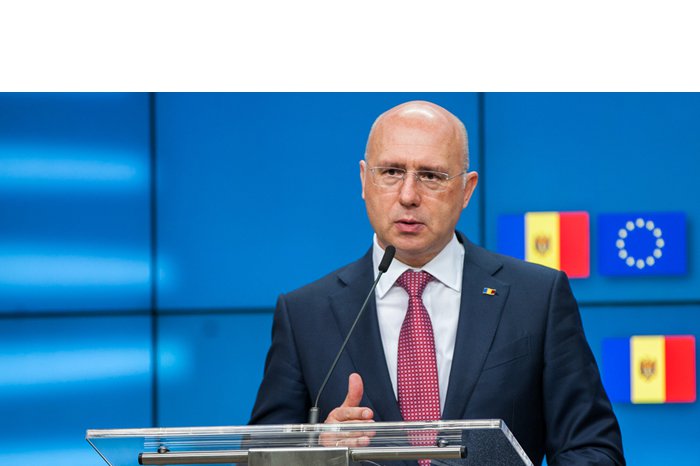Moldovan PM describes parliamentary polls as quite serious subject for government
12:26 | 08.05.2018 Category: Political
Chisinau, 8 May /MOLDPRES/ - The parliamentary elections represent a quite serious subject for the government. Therefore, we insist on tightening the security of the communication space, in to prevent situations in which people are intoxicated with fake news about what means the rapprochement with Europe. Prime Minister Pavel Filip has made statements to this effect in an interview given exclusively to MOLDPRES.
The PM noted that the subject had been discussed also during his recent visit to Brussels.
“The democratic consolidation begins with fair elections and we want to show that we are a democracy which makes solid progress towards consolidation,” Filip said.
Pavel Filip also said that Moldova is presently a polarized country, first of all, under the political aspect and this means not only the lack of goals with wide political support, but also the lack of responsibility of some people and the willingness to blow the country up, if this meets their interests.
”There are already messages in mass media, it is true, weak ones, about the boycotting of the polls, about civic insubordination, about non-observance of citizens’ will. We know how much evil such events can do in a country which has just recovered from instability, which grows economically, attracts foreign investors and creates jobs in the private sector. We reject such provocations and we want to give them a proper answer: nobody but the government is eventually more interested in having free and fair elections. We evoked possibility that the elections be monitored by an as large as possible number of international observers from organizations with a solid reputation, but we are also open for other measures, both on behalf of the opposition and on behalf of foreign partners,” Filip added.
Prime Minister Pavel Filip paid a visit to Brussels on 2-6 May, where he participated in the forth meeting of the Moldova – European Union Association Council.
(Reporter A. Zara, editor M. Jantovan)

